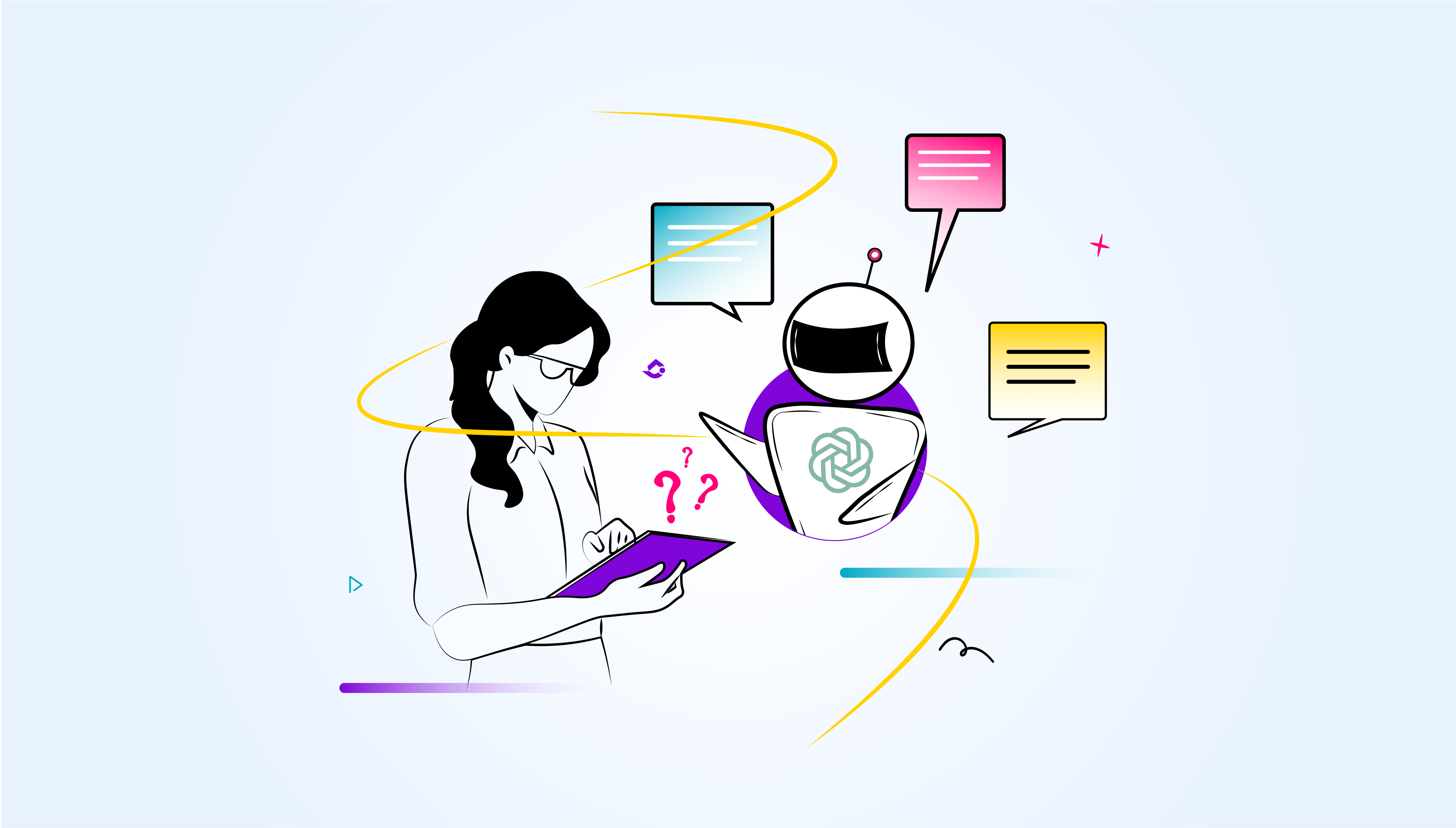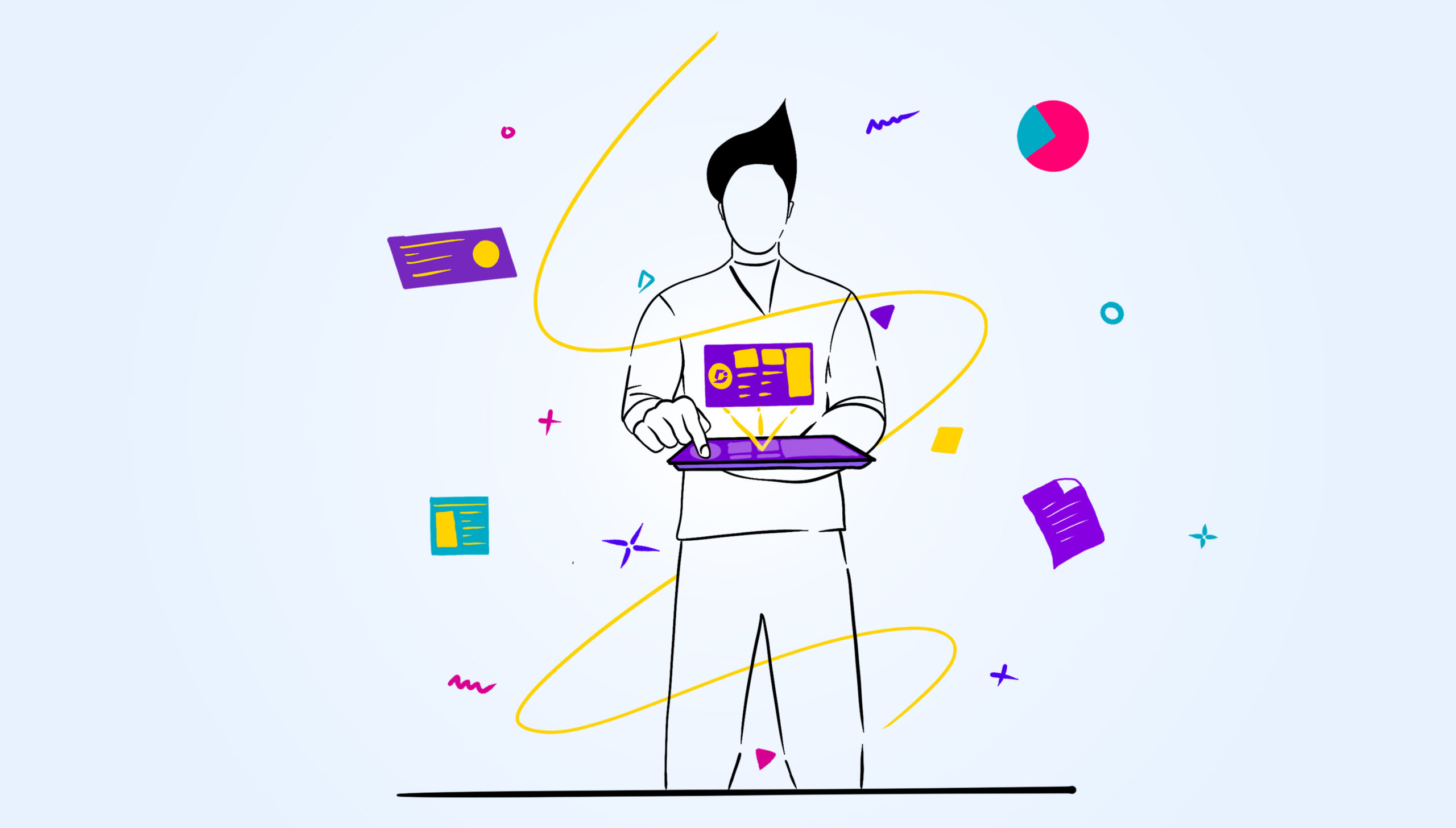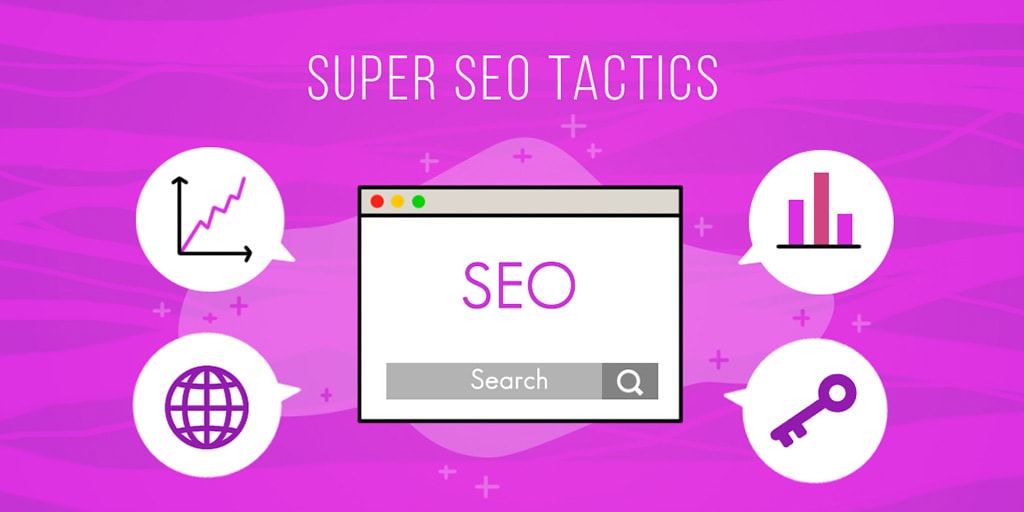Introduction
Google has been dominating the search engine market for decades. It is simple to use as anyone can type their intent search keyword, and Google brings thousands of relevant web pages within seconds. The users can then browse the top links and find what they need by browsing the contents in those webpage links. However, the advent of voice-based systems such as Siri and Alexa have changed the game. The users’ habits have been shifting towards finding accurate answers rather than going to a bunch of content from different web pages!
Embrace ChatGPT! ChatGPT is revolutionizing how people search for content and find answers to their questions. This is a new paradigm for searching and finding answers to your questions! Instead of providing a bunch of top web pages, ChatGPT provides accurate answers to user questions using Generative Artificial Intelligence (GenAI) technology. The users are provided with answers within a short span of time. ChatGPT has been trained on a large corpus of text data available on the internet, thus encapsulating all the knowledge known in the internet world! ChatGPT is built on a Large Language Model (LLM) that has the power to put together meaningful and semantic sentences that a human user can understand.
ChatGPT works by the user entering a question called “prompt” and getting an answer called “response.” The response depends on what has been entered in the prompt and the extent of underlying knowledge that ChatGPT has access to. The responses can be tweaked based on user preferences. For example, if the user wants a response in table form, movie scripts, bullet points, and so on, ChatGPT provides the response in the user-requested format.
ChatGPT technology has been made available for developers to use through their rich set of Application Programming Interfaces (APIs). There are a few companies such as OpenAI, Cohere, Anthrophic, Hugging Face, and so on offer APIs to their underlying ChatGPT technologies. This is a boon for many companies to leverage GenAI capabilities and incorporate them into their SaaS products and services.
Challenges with third-party APIs
The third-party APIs have kick-started a new wave of innovation such that SaaS companies are infusing the ChatGPT technology into their product portfolio to solve emerging business use cases. The early adopters of these APIs are the knowledge base providers, customer experience vendors, and creative tools. The knowledge base and customer experience vendors use these APIs to provide a conversational support system that answers users’ questions utilizing the underlying knowledge base articles pertaining to their products or services. This is already paving the way to reducing customer support tickets and enhancing support agents’ productivity.
Also, Check out our article on Role of ChatGPT plugins in the knowledge base
However, some enterprises are still skeptical about adopting these APIs from different LLM vendors as they are concerned about data privacy and leakage of their corporate knowledge. Some of the high-level challenges are:
Data privacy
Most of the enterprise knowledge is in the form of text, and exposing that data to the LLM provider via their APIs poses a huge risk for the enterprises as their corporate knowledge is sent to a third-party server. The enterprises are worried if the LLM provider will use any of their data to train their underlying LLM, which could lead to information leakage of their corporate knowledge. Even though many LLM providers have data privacy policies that state that any data coming through their APIs will not used for training their underlying LLMs, enterprises take a cautionary approach based on risk assessments of their legal team.
Data security
Enterprises are also concerned about the data security of their private corporate text data. The text data may contain sensitive information and may not be governed properly. This leads to legal consequences for regulatory and compliance bodies. Most of the ChatGPT / LLM providers comply with data protection laws such as GDPR, CCPA, and so on. However, enterprises do not want their data to leave their security perimeter.
Legal issues in content creation
In terms of content creation, enterprises are worried about the Intellectual Property (IP) of the content created by GenAI capabilities. The IP laws are unclear for the GenAI-produced content in terms of text, images, music, etc. The enterprises do not want to get pulled into litigation damaging their brand value.
Building custom ChatGPT
To solve the challenges posed by LLM providers’ APIs, enterprises can use an open-source LLM and host it in their private infrastructure. The open-source models are released by major companies such as Meta, and Google to help open-source communities harness the power of LLMs and fine-tune to make them better. Models such as Llama 2, PaLM 2, and so on are available on different Creative Common licenses, and enterprises can utilize them. These models are trained on a vast corpus of text data and can be fine-tuned using enterprise data. Thus, enterprises can use their private ChatGPT-like technology to propel their innovative strategic projects. This versatile approach enables the enterprise to address emerging new use cases using GenAI capabilities. There are pros and cons to building a custom ChatGPT model. They are
Pros
- Offer data privacy and data security as custom LLM is hosted with an enterprise security perimeter
- Comply with local laws
- Comply with compliance and regularity laws
- Fine-tuned with internal corporate knowledge
- Can offer this custom LLM as an API through private APIs limited to internal stakeholders
Cons
- Infrastructure might get expensive over time
- Fine-tuning of vanilla LLM model needs expensive GPUs, thus adding cost
- Not able to utilize the private LLM providers’ capabilities and innovation
- The hiring of new staff with niche skillsets in hosting and maintaining these custom LLMs
Conclusion
Custom ChatGPT offers flexibility to enterprises in ensuring data privacy and security are kept intact. These custom LLMs can be fine-tuned using private corporate knowledge, thus propelling innovation. The User Experience (UX) and response time of the custom LLMs can be optimized by an enterprise to suit their business requirements. More importantly, the custom LLMs prevent information leakage to any third-party LLM vendor, thus offering confidence to their customers that their data is safe and secure. This helps enterprises to boost their brand identity. The enterprise needs to make a huge investment in building these custom LLMs and maintaining them over time. Consistent upgrades must be done to ensure that these models are robust and fit for purpose. Also, enterprises need to hire technical personnel who can build, maintain, and support these custom LLMs. The boards of many enterprises are already making decisions to help enterprises adopt these GenAI technologies by building their custom LLMs.
Schedule a demo with one of our experts to take a deeper dive into Document360
Book A Demo


 –
– 

